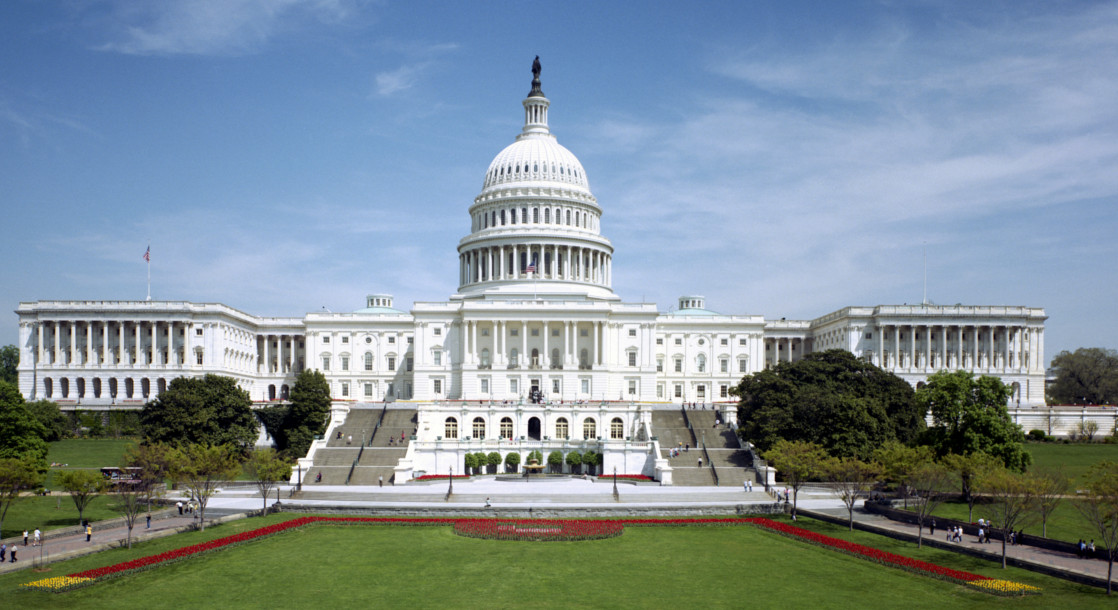Tower Bridge and downtown Sacramento; photo via Kirkikis
Recreational weed is barely over a month away from being legal all throughout sunny California, and local legislatures are scrambling to get the necessary regulations in place to handle the expected demand for retail sales. On Tuesday, the city council of Sacramento will vote on whether or not to officially allow recreational cannabis sales in the state capital next year, as well as whether to approve a proposed “Cannabis Equity Program” that would give financial and technical aid to minorities wishing to get involved in the cannabis industry.
If the council goes ahead with allowing recreational sales, some of the city’s existing medical cannabis dispensaries would be authorized to sell recreational cannabis to adults as of January 1st. The council will also debate a proposal to help minorities and low-income residents get involved in the lucrative trade. The proposal explains that minorities have been “negatively and disproportionately affected by the war on drugs” and “are currently not participating in the development of cannabis-related business at the same rate of other communities,” the Sacramento Bee reports.
The proposed program would create a “business support center” to provide legal, regulatory, and technical advice to minorities, women, and veterans who want to get involved in the cannabis industry. It would also allow minorities to apply for waivers of permit costs, and increase the processing speed of applications. These waivers could save a cannabis startup close to $20,000, which would be a great help to minority or veteran entrepreneurs who usually have less capital to invest in new business ventures.
Another proposal coming before the city council would create a tiered licensing fee structure, allowing smaller businesses to pay lower fees than larger ones. Last week, the state released regulations allowing large canna-businesses to acquire as many cannabis licenses “as they can afford.” Erika Smith of the Sacramento Bee writes that considering that the annual cost of a cultivation license “could top $80,000,” the proposed tiered license system would give minorities and small businesses a chance to compete with larger interests in the city’s cannabis market.
Officials are also debating a plan that would assist individuals who are currently running illegal cannabis operations in going legit. Joe Devlin, the city’s Chief of Cannabis Policy and Enforcement, told Capital Public Radio that the city could establish “a support center that will help what are likely existing illegal cannabis businesses, manufacturers and help them transition into that legal marketplace.” Current laws prevent anyone with a felony conviction from getting involved in the cannabis industry in Sacramento, but the proposal would allow those with certain felony convictions to participate or receive a secondary review of their eligibility.
The equity program has some similarities with Oakland’s equity initiative — one of the first such programs to be established anywhere. Unlike Oakland’s program, where 50% of all licenses are explicitly reserved for minorities, the Sacramento program would most likely only shoot for a goal of 50% minority licenses, and not a specific requirement. “It is the right thing to do and it benefits the city and residents,” said Devlin to the Bee.











